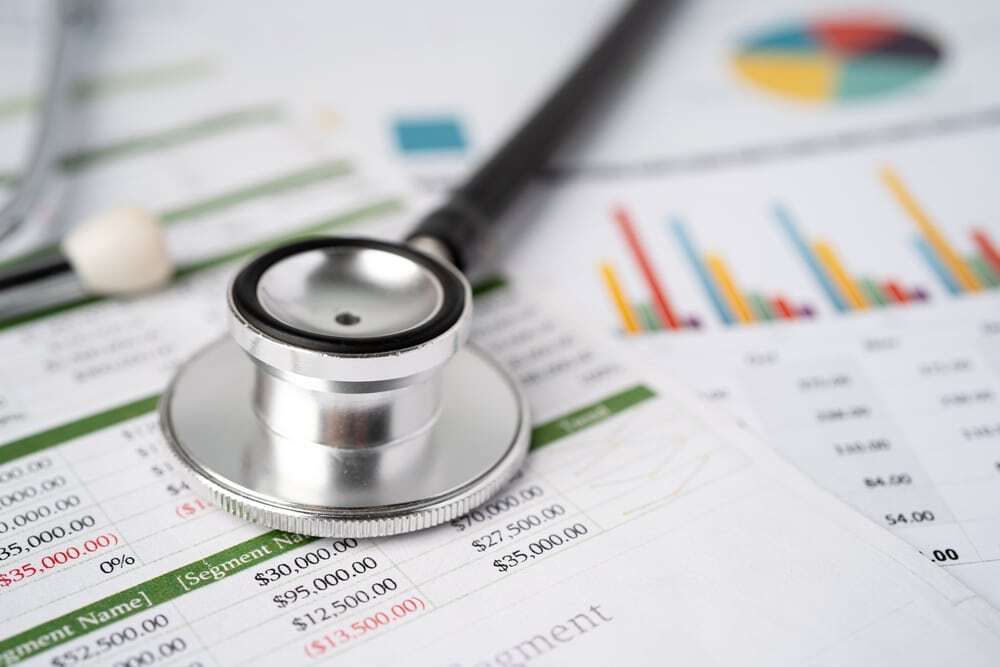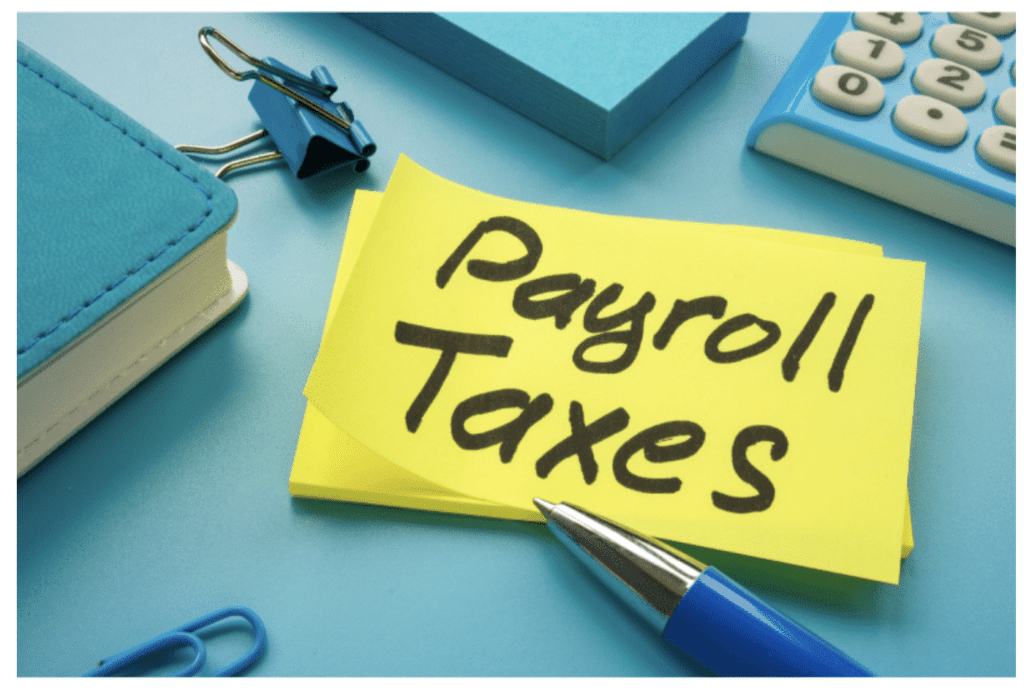In anticipation of the Shared Debt Recovery Scheme (the Scheme), which will come into effect on July 1, 2019, health professionals and medical centres may need to review their Medicare billing procedures as well as their direct relationships with other health service providers.
This comes in light of some changes to the Scheme, which will effect not only primary practitioners who bill incorrectly, but also secondary parties involved in unresolved debts.
What is the shared-debt-recovery scheme?
The Scheme enables the Government to hold both a practitioner (primary debtor) and another party (secondary debtor) responsible for the repayment of compliance debts, arising as a result of incorrectly claiming Medicare benefits, through the making of a shared debt determination.
Why is the Government implementing the Scheme?
In Medicare Compliance – Shared Debt Recovery Scheme, a consultation paper released in December 2018, the Australian Government revealed that its success rate in recovering debts associated with incorrect Medicare billing was as low as 20%. The Government hopes to simultaneously improve this recovery percentage and Medicare billing compliance through the implementation of the Scheme.

Matthew Wilson from Bartier Perry Lawyers, writes on Mondaq.
“One of the main issues that the New Legislation seeks to tackle is incorrect (and sometimes fraudulent) Medicare billing practices engaged in by health professionals, and in particular, the incorrect billing practices of some corporate health service providers that provide Medicare billing services on behalf of health professionals working in their organisations (secondary debtors).”
What this means for health practitioners from July 1, 2019
From July 1, the Department of Health (the Department) may choose to conduct post-payment Medicare compliance audits. The audit process is as follows:
“The Department’s audit process is an evidence-based assessment of a provider’s compliance with relevant requirements in relation to the payment of a Medicare benefit and is conducted in accordance with the Health Insurance Act. Audits are not undertaken to determine the clinical appropriateness of the service delivered to the patient.
In most cases, audits are conducted to determine whether all elements of an MBS item for which benefits have been paid, have been met.
Formal audit processes are commenced with a request for documents related to specified services. The Department may also issue a notice to produce documents where further information is required.”
To summarise: If a health practitioner is audited, they will need to deliver documentation proving that all requirements for billed MBS items have been met.
What this means for medical practices from July 1, 2019
Medical practices that have professional relationships with individual GPs are considered secondary debtors under the new Scheme:
“If a practitioner under audit informs the Department that they are in an employment, contractual or other relevant relationship with another party (the potential secondary debtor) and requests consideration of a shared debt, the audit officer will contact the other party and notify them that they are a potential secondary debtor. The audit officer may request documents from both parties in relation to the debt, the contractual arrangement and other documents relevant to determining whether to share a potential debt.”
To summarise: The Department may investigate medical practices in addition to individual GPs during compliance audits. The purpose is to identify how any Medicare billing discrepancies occurred, and how to share any potential debts between parties.
How will the Department make a shared debt determination?
The following three criteria must apply in order for the Department to make a shared debt determination:
- There is a recoverable amount (a debt) as a result of the making of a false or misleading statement
- There is a relationship between the primary (practitioner) and secondary (organisation) debtor
- The secondary debtor could have controlled or influenced the making of the false or misleading statement, obtained a direct or indirect financial benefit from the making of the false or misleading statement, and/or there are other factors that make it fair and reasonable for a shared debt determination to be made
It’s important to note that the Scheme will only apply to services provided from July 1, 2018 onwards.
If a shared debt determination is made, what are the ramifications for health professionals?
Practitioners will be deemed the primary debtors, and any connected provider organisations will be deemed secondary debtors. Therefore, practitioners will be responsible for the majority of any debt uncovered by the Department:
The Minister for Health has prescribed, in a legislative instrument, a default percentage that may be applied to the primary debtor (65%) and secondary debtor (35%)
The Department may not always stand by this 65/35 breakdown, and any mitigating factors will be taken into account. Such factors include:
- Whether there were any arrangements between the parties for apportioning the benefits paid. And, if so, what proportion of the benefits paid for the services were received by the primary debtor and the secondary debtor
- What influence or control the secondary debtor may have had over the billing for the services under audit
Both practitioners and providers will also have the opportunity to request a review of determinations. All reviews must be requested within 28 days of receiving the determination from the Regulator.
What are the ramifications for medical centres?
As mentioned above, providers will have the ability to request a review of any debt determinations that appear inaccurate, and Department officials may choose to deviate from the standard 65/35 debt breakdown at their discretion.
The Department has released a useful Scheme FAQ Sheet that outlines several different scenarios that could potentially impact medical centres, such as What can organisations do about health practitioners who incorrectly bill Medicare?, Would administrative staff such as receptionists be included in the Scheme? and Does the organisation participate or have any say in the audit process?
We strongly encourage medical centre staff to review the material outlined on the FAQ sheet by clicking here.
How should healthcare professionals prepare for this change?
Here are 4 things health professionals should consider in anticipation of the Scheme coming into effect on July 1.
- Review all Medicare billing practices with service providers. Due to the nature of the workplace, many practitioners may be unfamiliar with the Medicare billing practices of their provider partner/s. Starting a dialogue with providers to learn more about any unknown billing practices is a logical first step.
- If a billing discrepancy is uncovered, consider a claim adjustment or voluntary acknowledgement. The Department has stated that the Scheme will not apply to routine claim adjustments or voluntary acknowledgements of a discrepancy. Taking the initiative before July 1 in respect to a billing discrepancy could save practitioners from a bigger headache down the line.
- Ensure all relevant Medicare paperwork is in order. If the Department initiates a compliance audit for services provided since July 1, 2018, both the practitioner and any connected secondary debtors will have to submit all relevant billing paperwork. Failure to do so may result in more scrutiny from the Department.
- Consider legal advice. The Government is making billing compliance a huge priority with this Scheme, and if you are connected to another party that has potentially been negligent, this professional relationship could cause serious ramifications after July 1. Legal professionals with relevant experience may be able to provide useful advice about how to proceed if you find yourself in this position.
What are your thoughts?
Share your opinion and continue the conversation at For the Love of Healthcare.




